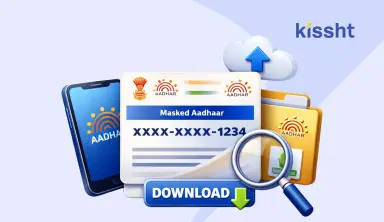What is KYC - Meaning, Documents Required & Its Types

In today’s digital-first financial world, verifying your identity has never been more critical. Whether you're opening a bank account, applying for an online loan, or signing up for investment services, you’ve likely encountered the term KYC. But what exactly is KYC, why is it important, and what does the process entail?
This guide explains KYC meaning, the different types, the list of documents typically required, and why this procedure is essential in modern finance.
What is KYC?
KYC, or Know Your Customer, is a necessary process used by banks, financial institutions, fintech companies, and even government bodies to verify the identity of their customers. The aim is to ensure that customers are genuine and to prevent financial crimes such as money laundering, identity theft, and fraud.
So, when we ask, what is KYC, we’re referring to a due diligence procedure where individuals are required to submit identification and address proof to verify who they are.
KYC Full Form and Origin
The KYC full form stands for "Know Your Customer." The concept originated as part of anti-money laundering efforts and has now become standard practice worldwide for onboarding clients in financial services. Regulatory authorities, such as the Reserve Bank of India (RBI) have made KYC compliance compulsory for institutions offering financial services, including instant loan providers.
Importance of KYC in Financial Transactions
The importance of KYC cannot be overstated. Here's why it matters:
- Customer Identification: KYC helps in confirming that the customer is who they claim to be.
- Risk Mitigation: It reduces the chances of fraud, money laundering, and other illicit activities.
- Regulatory Compliance: Financial institutions must adhere to legal requirements to avoid penalties.
- Smooth Transactions: Completing KYC ensures seamless access to services like online loan disbursement, investments, and more.
Without KYC, many financial services—like applying for a credit card, mutual fund, or instant loan—would be unavailable.
What are KYC Documents?
You may be wondering: what are KYC documents and which documents are acceptable for the verification process?
The typical KYC documents list includes:
- Proof of Identity
- PAN Card
- Aadhaar Card
- Passport
- Voter ID
- Driving License
- Proof of Address
- Aadhaar Card
- Utility Bill (electricity, gas, water – not older than 3 months)
- Passport
- Rental Agreement
- Bank Account Statement
In many digital journeys, completing KYC may only require your Aadhaar number and a selfie for quick approval.
Types of KYC
There are different KYC types depending on the method of submission and level of verification:
-
Physical KYC
This is the traditional method where the customer submits photocopies of their KYC documents and signs physical forms, either in person or via courier. -
e-KYC (Electronic KYC)
e-KYC is a paperless, digital alternative that uses Aadhaar-based verification. The UIDAI authenticates the customer via OTP or biometric data. -
Video KYC
Introduced in recent years for remote onboarding, video KYC involves a live video call with a representative who verifies your documents and matches your identity in real time.
Where is KYC Used?
KYC is required across a wide range of platforms and services, including:
- Banks (for opening accounts)
- NBFCs and fintech companies (for loans and credit)
- Mutual fund investments
- Insurance services
- Digital wallets
- Personal loan calculator tools that offer pre-approved offers often require KYC first
Even digital lending apps like Kissht require users to complete their KYC before accessing services through the Kissht app.
How KYC Impacts Loan Applications
If you’re applying for an instant loan, your KYC details play a vital role in getting quick approval. Most digital lenders won’t proceed with disbursal unless your identity is verified. With strong KYC compliance, you also get access to better financial products, lower interest rates, and higher limits over time
KYC also ensures you can safely use a personal loan calculator to estimate repayments based on your verified credit profile.
Conclusion
KYC has become a fundamental part of modern financial services. It ensures that the financial ecosystem remains secure, transparent, and inclusive. Whether you're opening a bank account or applying for an online loan, understanding what is KYC, its documents, and types empowers you to engage confidently with financial institutions.
By staying KYC-compliant, not only do you stay ahead in terms of safety, but you also gain easier access to faster approvals, including options like instant loans from trusted lenders.
FAQs
What is KYC and why is it important?
Financial organizations use a process called KYC (Know Your Customer) to verify the identification of customers. It’s crucial for preventing fraud, complying with regulatory requirements, and enabling access to secure financial services.
What documents are required for KYC?
The standard KYC documents list includes a valid identity proof (like PAN, Aadhaar, or Passport) and address proof (like a rental agreement or utility bill). Depending on the service, you may be asked for additional documents.
Is KYC required for taking a loan from Kissht?
Yes, Kissht requires KYC verification to process loan applications. Through the Kissht app, users can complete digital KYC using Aadhaar and PAN for faster loan approval and a secure borrowing experience.
Can I complete KYC online?
Absolutely. Thanks to e-KYC and video KYC options, you can now complete your verification process entirely online. It’s fast, secure, and accepted by most financial service providers.

Instant Loans at Your Fingertips
Personal Loan
Fast, hassle-free loan for your personal needs.

Business Loan
Fuel your business growth with quick approvals.

Loan Against Property
Unlock your property’s value with ease.

Credit Pulse
Boost your credit score with smart insights.

Track your credit score
Simply enter your mobile number to get a quick overview of your credit score.
Check Now
Related articles
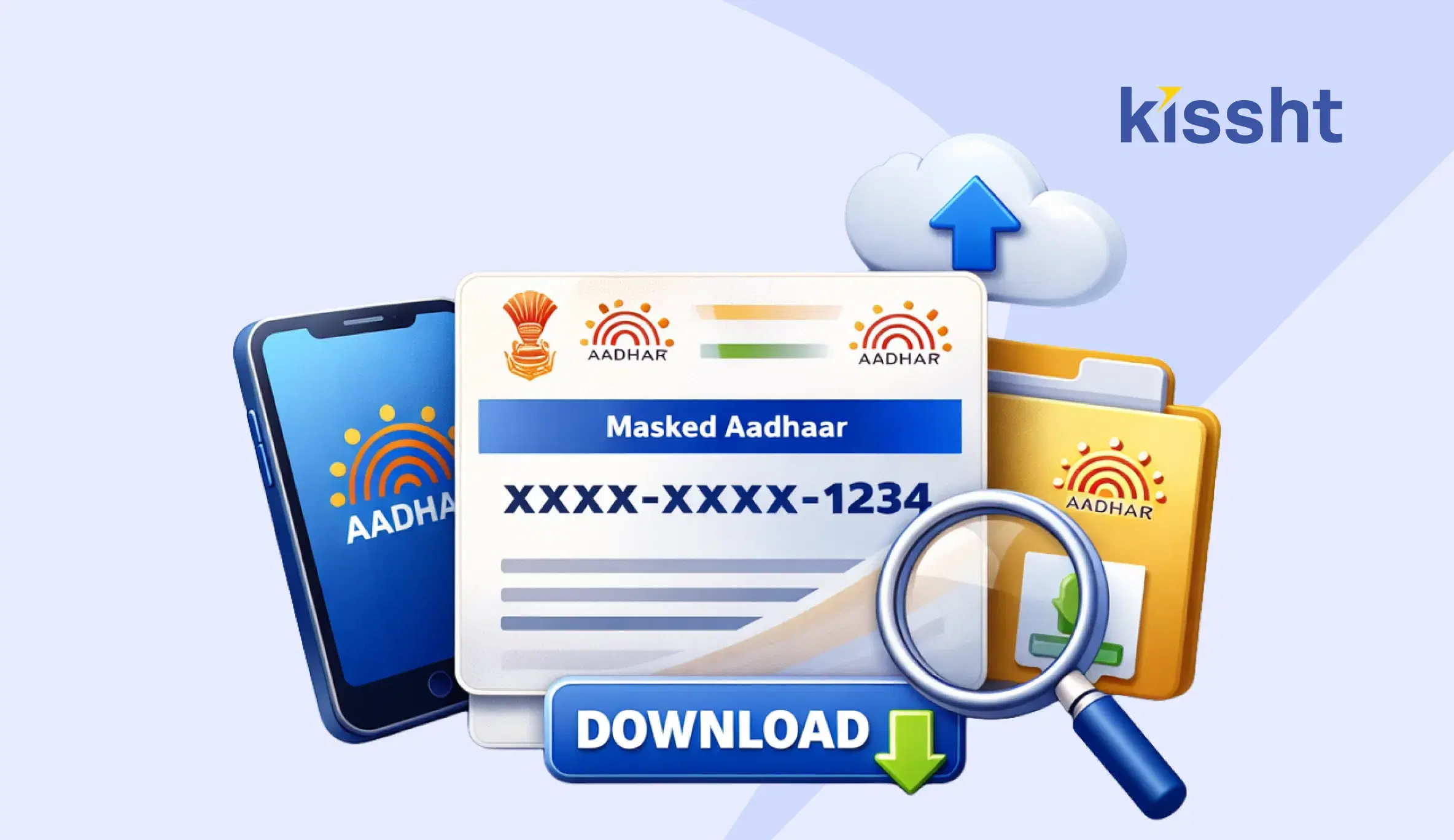
Jan 24, 2026
How to Download Masked Aadhaar Online

Jan 21, 2026
Understanding No Claim Bonus and How It Improves Long-Term Medical Coverage
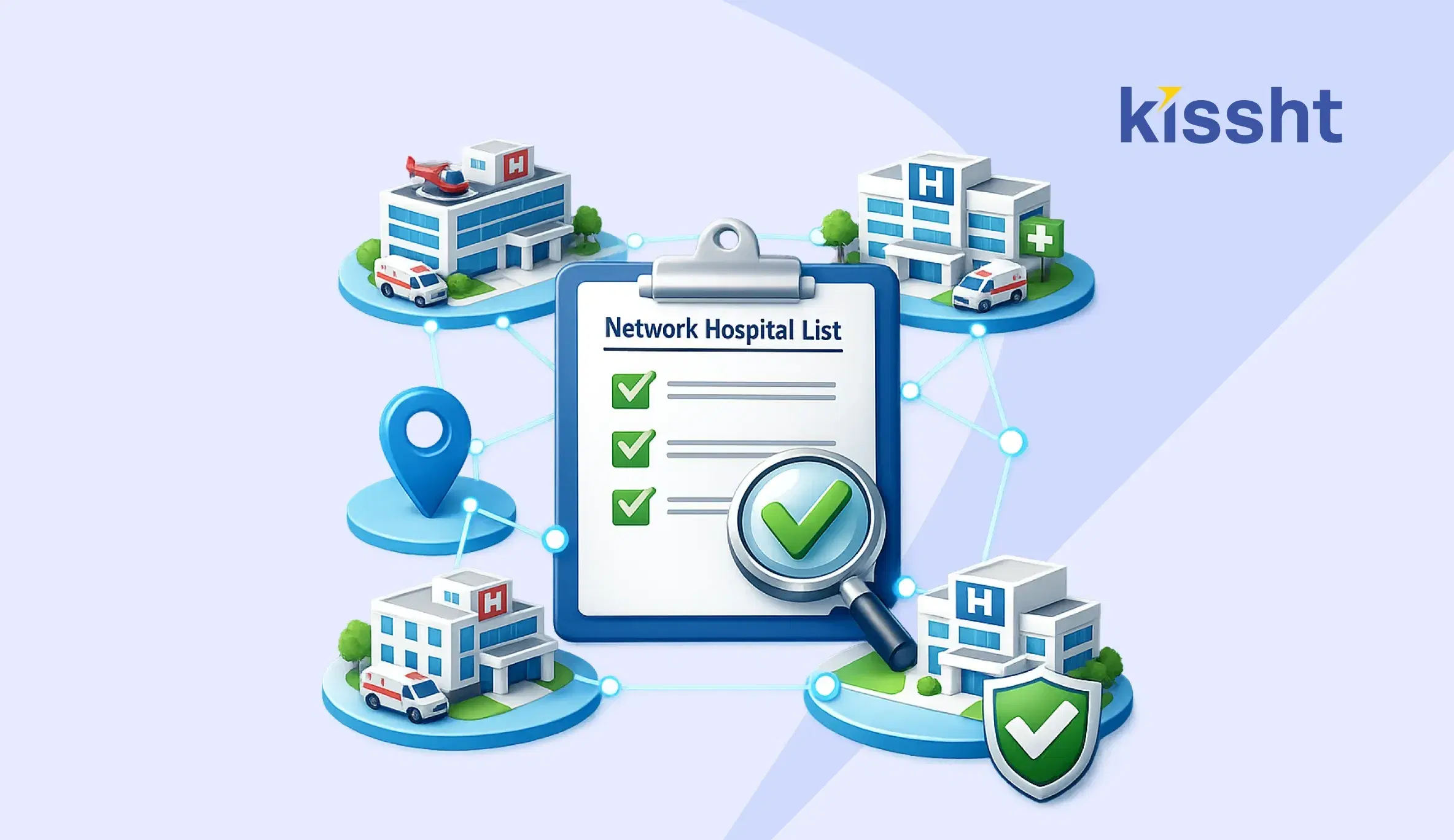
Jan 20, 2026
Network Hospitals List Explained: How to Find and Verify Them Easily

Jan 20, 2026
Understanding Copay in Health Insurance and How It Impacts Your Medical Costs

Jan 25, 2026
Best AI Courses Online in 2026: Top Artificial Intelligence Certifications

Jan 29, 2026
How to Check Driver’s License Status Online
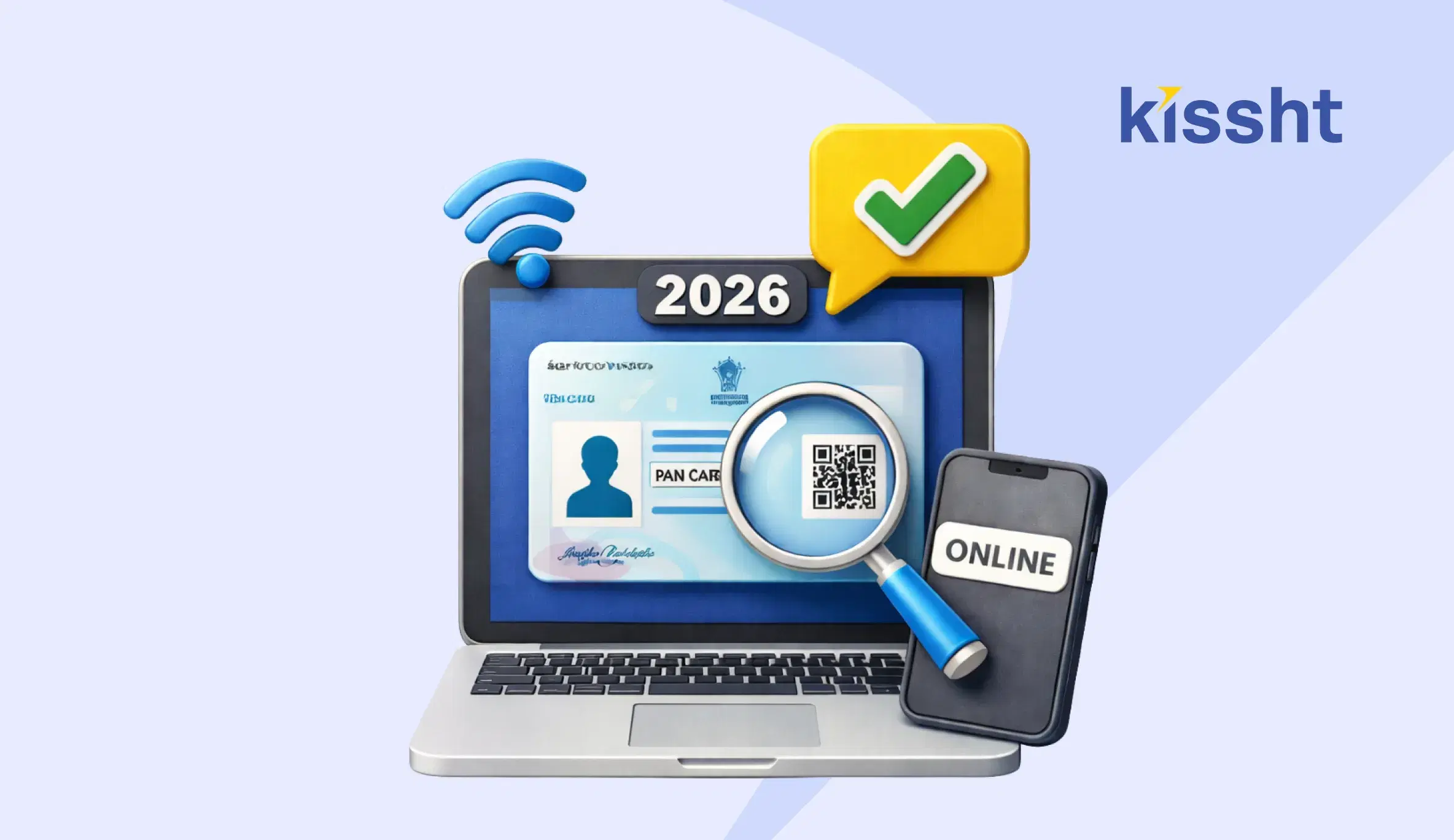
Jan 28, 2026
How to Check PAN Card Status Online - 2026
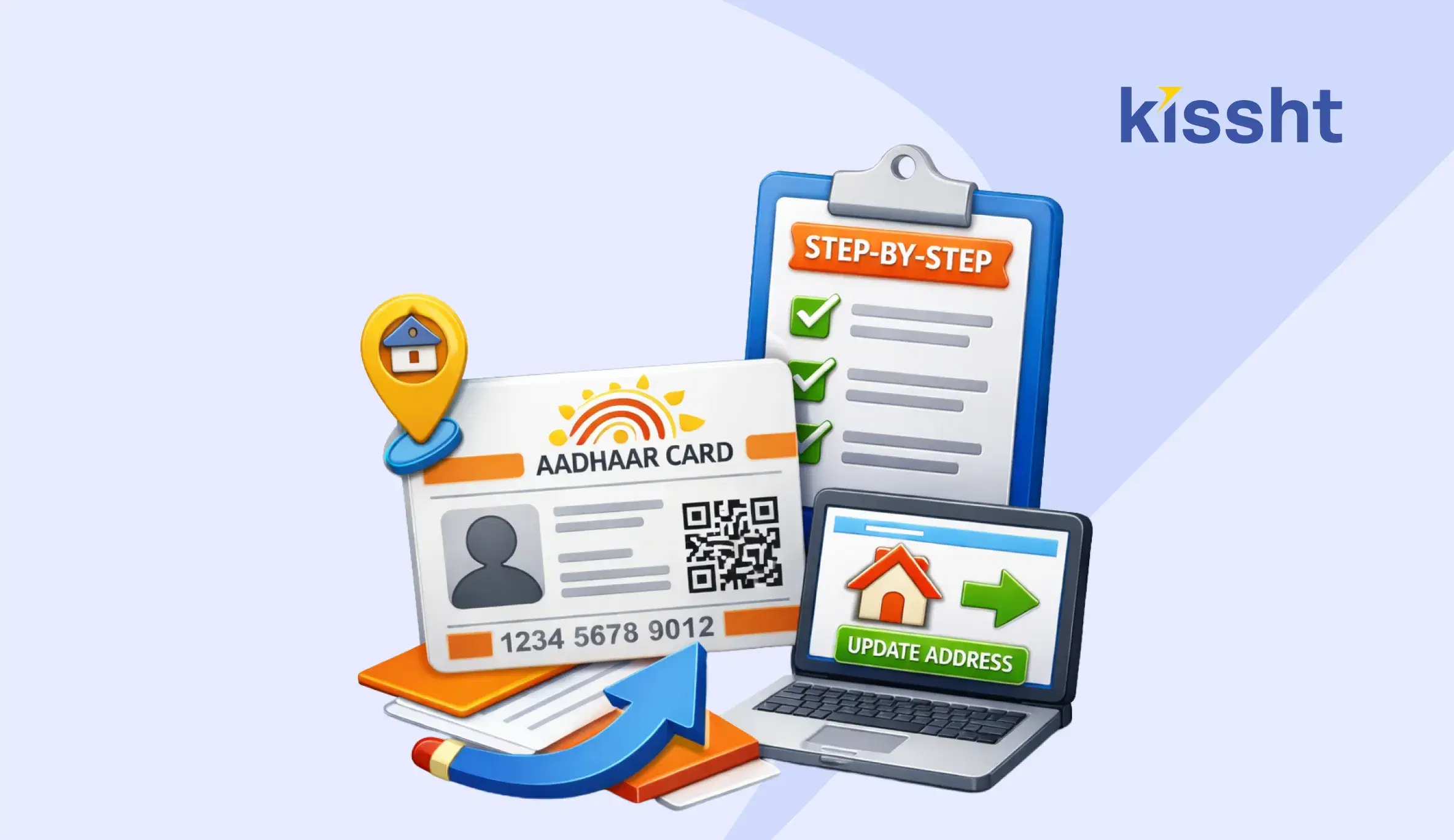
Jan 29, 2026
How to Do Aadhaar Card Address Change Online - Step-by-Step Process
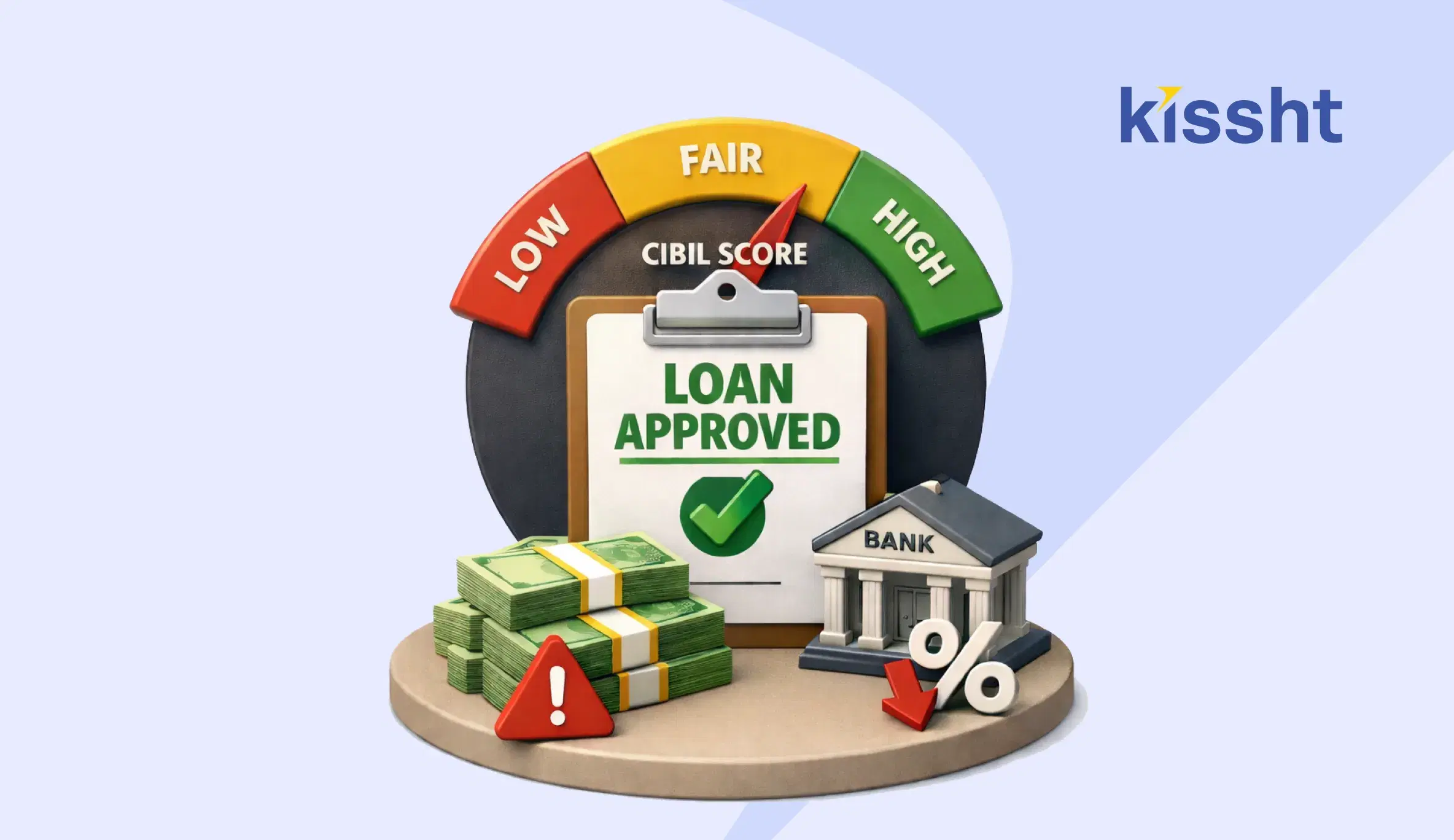
Jan 28, 2026
How to Get a Loan with a Low CIBIL Score in India
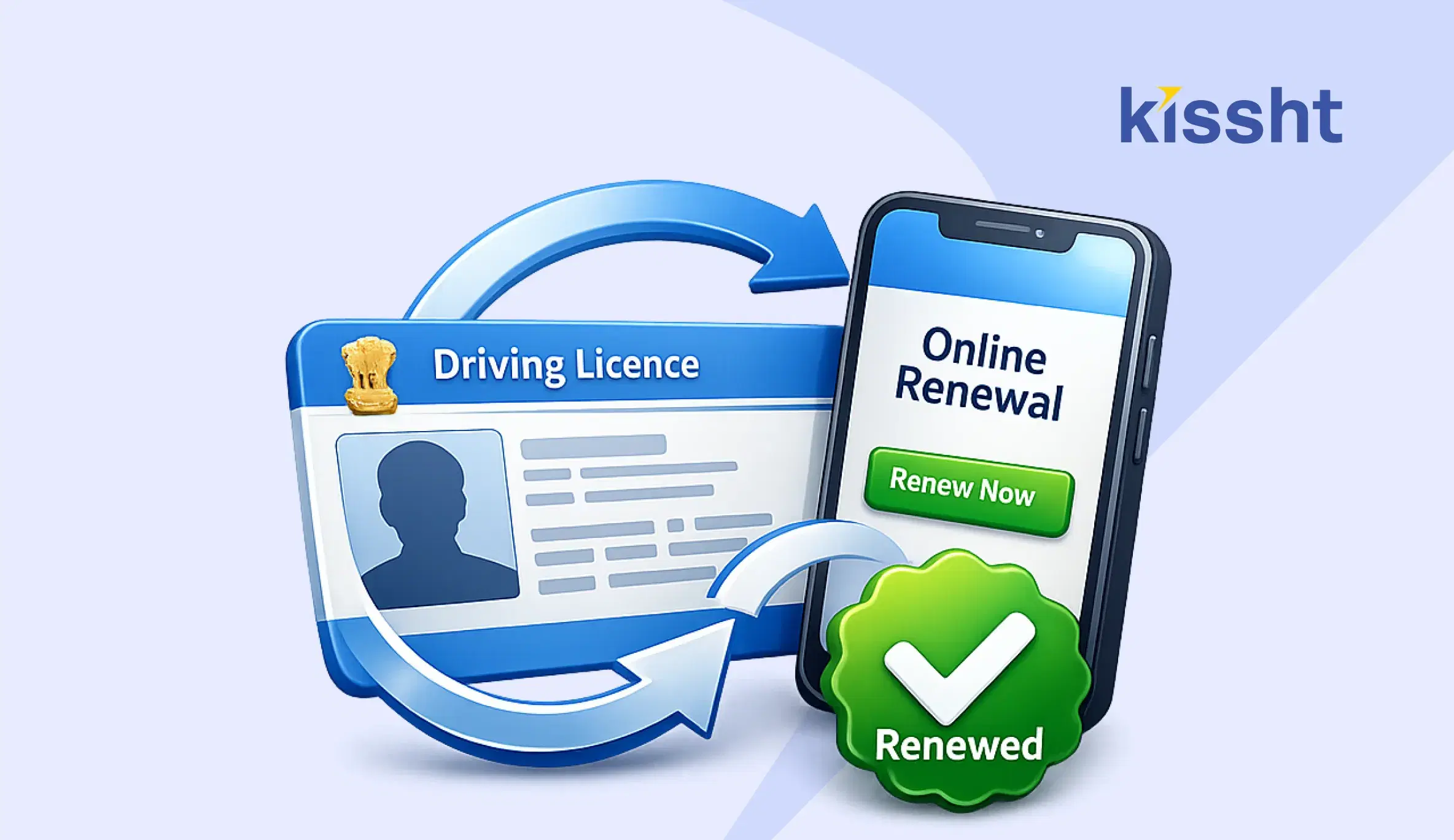
Jan 28, 2026
How to Renew Driving Licence Online 2026: Complete Step-by-Step Process

Jan 27, 2026
PM Surya Ghar Scheme: Apply Online, Eligibility & Subsidy Benefits

Jan 29, 2026
